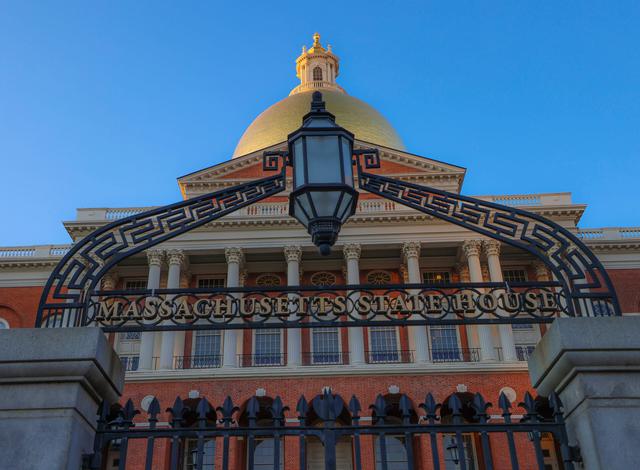BOSTON (AP) — The steps Massachusetts needs to take to meet its goal of net-zero greenhouse gas emissions by 2050 were debated by the state Senate on Thursday as part of a sweeping climate bill.
The bill sets out a range of strategies: Allowing solar panels on agricultural and horticultural land. Lending support to emerging energy technologies like nuclear fusion, networked geothermal, and deep geothermal energy. Updating the process of bringing more offshore wind energy online.
For people looking to buy zero-emission passenger cars and light-duty trucks, the bill would increase a rebate to $3,500 — up $1,000 — for qualifying purchases and leases of those vehicles, if they cost $50,000 or less. The bill would also offer another $1,000 for buyers trading in an internal combustion vehicle.
To help ensure that all those electric cars can keep moving, the bill seeks to deploy car charging stations in an equitable and accessible way across the state and require new developments to allocate 10 percent of parking spaces to electric vehicle charging.
ADVERTISEMENT
Democratic state Sen. Cynthia Creem said during Thursday’s debate that the extra money could give a needed incentive to people considering making the switch, and put more electric vehicles on the road.
Creem, chair of the Senate Committee on Global Warming and Climate Change, said the legislation builds on earlier efforts aimed at address climate change — and will set the stage for future steps.
“We must keep moving forward,” she said.
Ride-hailing companies like Uber and Lyft would face electrification and emission-reduction requirements under the proposal, which would also require new Massachusetts Bay Transportation Authority bus purchases and leases to be zero emission vehicles by 2028 and the entire MBTA fleet to go zero emission by 2040.
Another proposal included in the bill would let a handful of communities participate in two demonstration projects.
One project would allow all-electric building construction by local option. A second would restrict the use of fossil fuels in new construction projects.
The bill would also prevent biomass facilities that aren’t currently in operation from receiving state clean energy incentives as a renewable energy generating source.

The Senate proposal comes a year after Republican Gov. Charlie Baker signed a climate change bill that set the goal of net-zero emissions by 2050.
The Massachusetts House last month passed its own bill that aims to modernize the electrical grid and improve the procurement process for offshore wind.
The Democratic-controlled House and Senate must eventually agree on a single compromise bill to send to Baker for his signature. The Legislature’s formal session ends on July 31.




